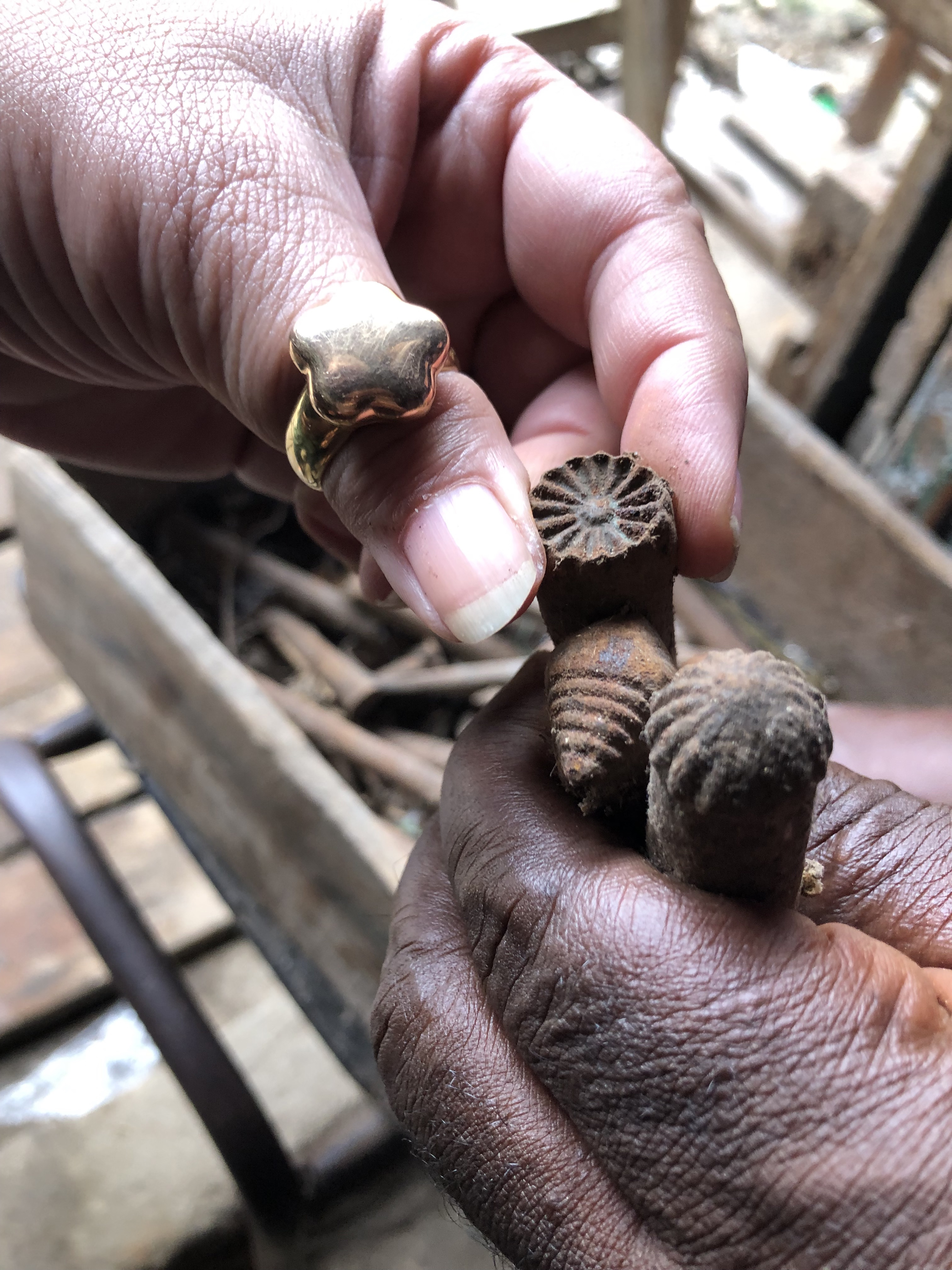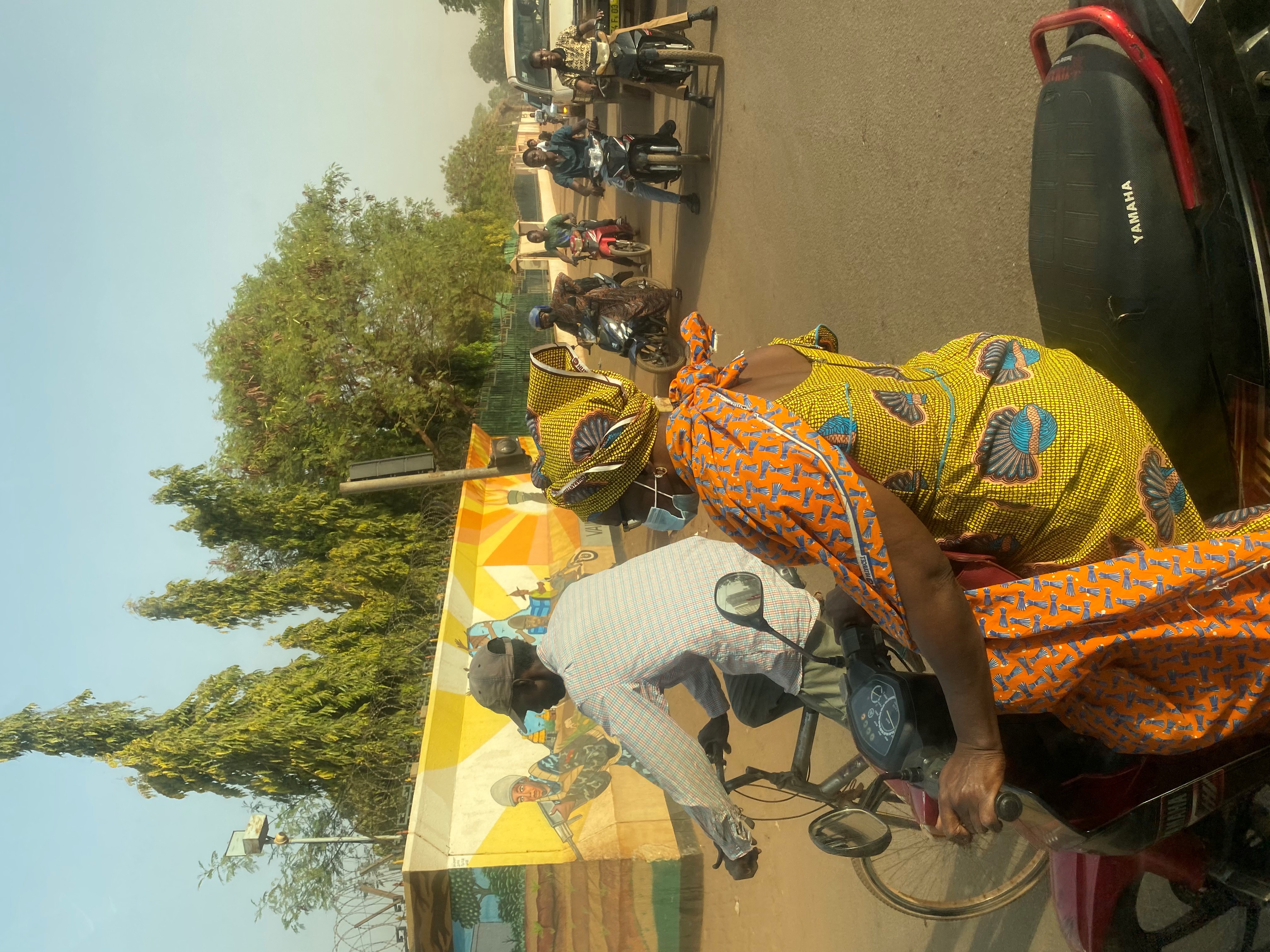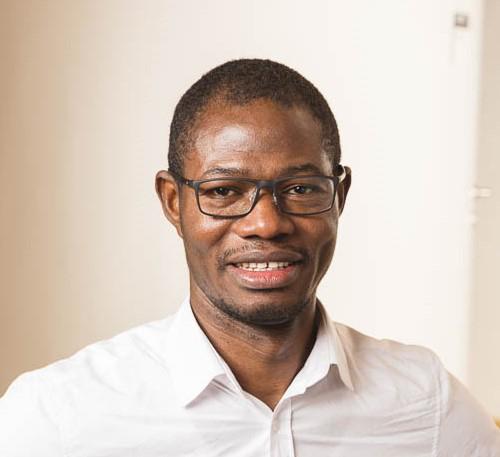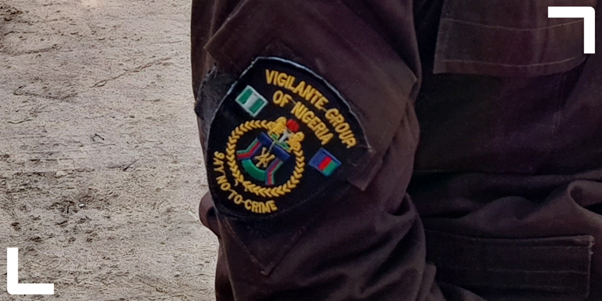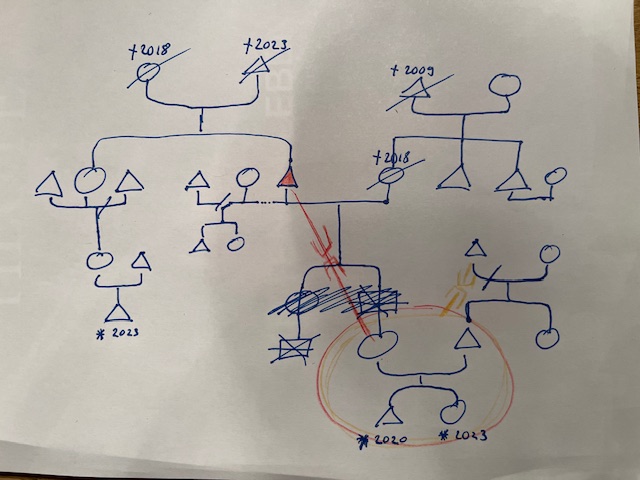-
Lunana Reveriot (Ehess Paris)Einklappen
-
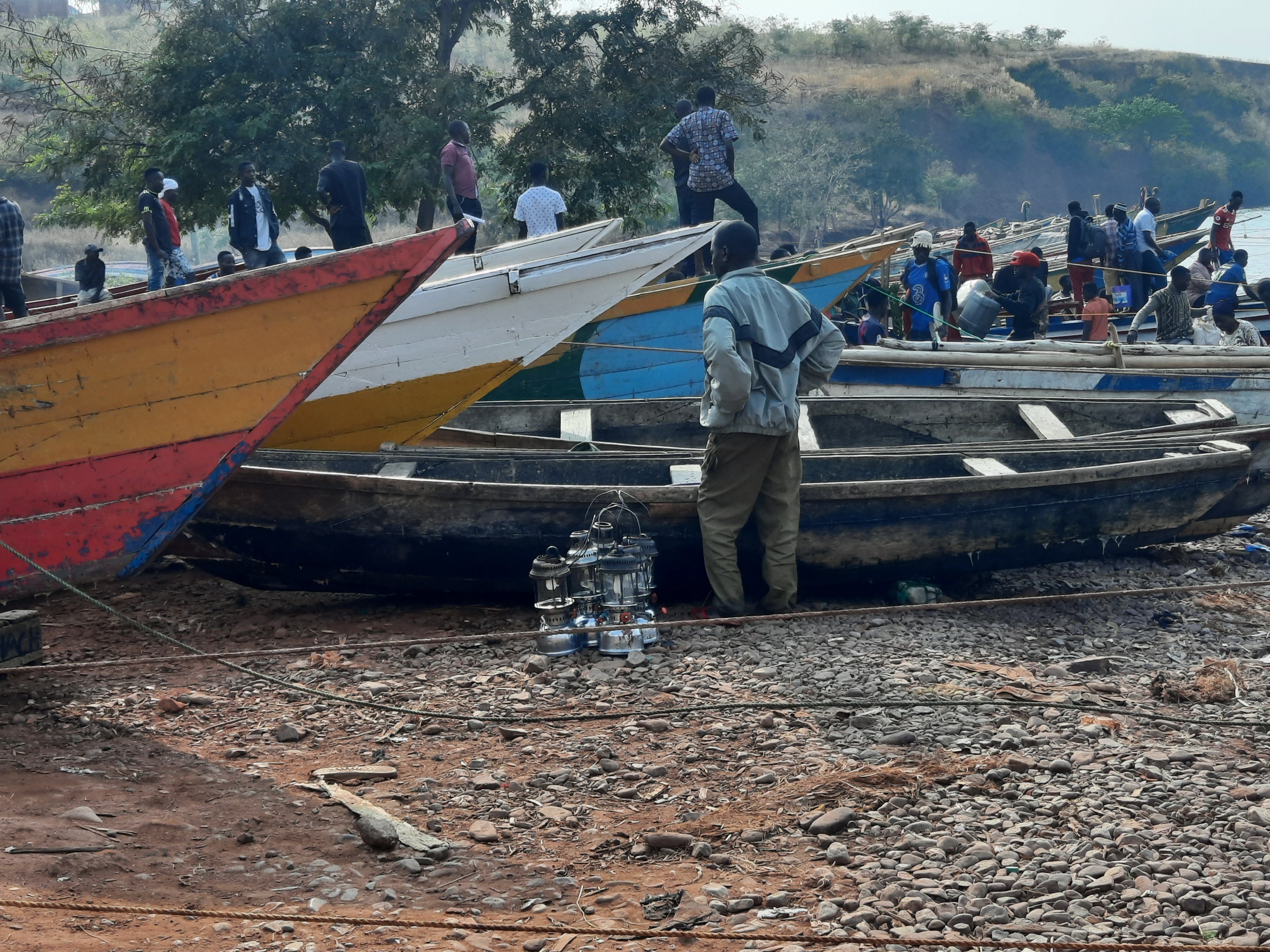
Social Life and Spatial Configurations of Belonging in a Fishing Town at Lake Tanganyika in Tanzania
Presentation date: April 29, 2025
Abstract:
This presentation explores the fishing town of Kigoma, on the Tanzanian shores of Lake Tanganyika, as a space of circulation, migration, and shifting attachments to place. Based on ethnographic fieldwork conducted between April 2023 and February 2024 in various fishing sites, it highlights the transboundary dynamics shaping the lives of both migrant and non-migrant fishing actors—fishermen, boat owners, and workers.
Through three individual portraits, it examines different forms of spatial belonging through labor (Swahili: kazi), viewing fishing as a “displacement economy” (Hammar 2014), central to the livelihoods of generations of Congolese and Burundian migrants and refugees.
Taking into account the political and ecological changes affecting the lake, it also considers how these transformations influence migration patterns, contribute to a transnational network of resettled refugees in Western countries, and reshape Kigoma as a “multiple borderland” (Castryck 2019).
-
Katharina OkeEinklappen
-
‘Making things’, Skill and Entrepreneurial Labour: on the Political Economy of Baking and Goldsmiting in Accra and Lagos, 1920s-1980s
Presentation date: May 6, 2025
Abstract: This talk will give insight into a research project on the history of “Making Things” in West Africa (Ghana and Nigeria): focusing on artisans and craftspeople, this project turns to productive processes and entrepreneurial labour with a focus on meaning making, creating, and experience. It brings together the work of bakers and goldsmiths. This talk will, in particular, focus on how those makers navigate the changing materiality of making things, how they, in changing economic and political contexts, make “making” work. Access to tools, moving between and bringing together different schools of making, as well as considerations of what a piece might need, but also increasing security concerns all shape the ways in which bakers and goldsmiths “make things”. Drawing on interviews and archival research in Accra and Lagos, this paper seeks to provide historically situated accounts of how makers navigate and mitigate how world orders shape and inform the making of things, and how they, at the same time, engage in worldmaking practices.
-
Jacqueline Bethel Mougoue (University of Wisconsin-Madison, African Cultural Studies)Einklappen
-
Esther Dreams: African Women's Lives Across Borders
Presentation date: May 13, 2025
Abstract: This research talk highlights one chapter of a book project that tells the story of African-born women who traversed West Africa from the 1950s to the 1970s. Women like Cameroonian Esther Tanyi accumulated a unique form of social, political, religious, and intellectual power as they navigated mid-20th-century West Africa on behalf of Baha’ism—a religion founded in 19th-century Iran that emphasizes racial, cultural, and gender equity. These women exemplified feminist action through maternal power (a form of “public motherhood”), nurturing their communities and demonstrating cultural influence and mobility. Many traveled as Baha’i "pioneers"—volunteers who relocated to teach the Baha’i faith and help establish communities.
I focus on the theme of dreams to examine their aspirations for social mobility and racial and cultural unity, both figuratively and literally. Using four of Esther Tanyi’s recalled nighttime dreams, I explore how their lives offer a historical perspective on how African women pursued gender equity, racial harmony, and international peace—goals that transcended their religious views and crossed both real and imagined cultural boundaries. These dreams inspired them to propose alternative messages for a more equitable world, reflecting the power of hope and aspiration in the face of adversity.
-
Helle Samuelsen (University of Copenhagen)Einklappen
-
Looming crises in the Sahel: Exploring critical state-citizen relationships in Burkina Faso
Presentation date: May 20, 2025
Abstract: The Central Sahel, including Burkina Faso, has become increasingly unstable during the last decade. Climate changes challenge the livelihoods of millions of people in the region, the security situation has deteriorated with an increasing number of jihadist attacks across the country, and epidemics and infectious diseases continue to threaten the health of the population. Furthermore, Burkina Faso is politically unstable, with a popular insurrection in 2014 and two military coups in 2022. In this presentation, I examine how citizens if Burkina Faso encounter and live with a fragile state and an elusive public health care system. I take point of departure in the narrative of one specific family whom I have known since 1996, exploring the therapeutic landscape from the perspective outside of the clinic. In the second part of the presentation, I explore how epidemics are addressed and experienced in Burkina Faso, taking the recent COVID-19 pandemic as a case. Although, the health infrastructure in Burkina Faso is weak and many citizens feel neglected by the state, my ethnography shows that the state continues to play an important role in people’s engagement and hopes for a better future.
-
Nestor Zanté - entfälltEinklappen
-
The Naaba and the Koglwéogo: Power Dynamics and Legitimation Strategies in Rural Burkina Faso
Presentation date: May 27, 2025
-
Ingo Rohrer (LMU München)Einklappen
-
Navigating Success: Vigilance, Stress, and Social Mobility Among Latinas in Southern California
Presentation date: June 3, 2025
Abstract:
The contemporary world is marked by chronic uncertainty and recurrent crises, which significantly shape how individuals pursue and experience social mobility. This is particularly true for disadvantaged groups and racialized individuals, who face distinctive challenges. In this special issue, we explore the complexities and dilemmas of "moving up" for members of these groups, arguing that individual aspirants not only face structural disadvantages but also must deal with a range of intersubjective tensions and troubles in their social relations. They need to manage communal pressures, envious accusations, and requests for support from kith and kin.
Anthropologists have examined these processes by emphasizing, for example, the predicaments
of cultural identity in racialized settings or the pressure exerted through kinship networks. Focusing on how individuals cope with such ambiguities, we suggest that a key aspect of upward mobility—whether achieved through education, migration, economic accumulation, marriage strategies, networking, or self-optimization—lies in the heightened watchfulness of actors toward the dilemmas their ascent generates. However, these forms of attention and watchfulness also enable aspirants to become aware of opportunities and possibilities. We frame the practices and attitudes of this heightened alertness required for upward social mobility as vigilance, understood as actors' focused attentiveness toward specific goals that transcend individual objectives. Exploring upward mobility through this conceptual lens allows us to illuminate the multifaceted dilemmas actors face in their pursuit of social advancement in contexts where belonging is contested, economic opportunities are demanding, and regimes of
oppression are particularly pronounced. Drawing on ethnographic studies from different world regions and highlighting various strategies of social upward mobility, this special issue focuses on the watchful practices of individuals. It contributes to a better understanding of how personal and collective success is both enabled and complicated by vigilance in the face of structural and interpersonal challenges. It raises questions about how people cope with the stressful and competitive environments of social
upward mobility, how vigilance affects physical sensations and mental states, how family bonds
and social communities are transformed by social upward mobility, and to what extent vigilance
becomes a form of cultural and social capital.
-
Simone Pfeifer (University of Cologne)Einklappen
-
Epistemic Mis/trust and Digital Ethnography in Postmigrant Muslim Contexts
Presentation date: June 17, 2025
Abstract:
In this talk, I examine the complex dynamics of epistemic trust and mistrust in digital ethnography in post migrant contexts. Drawing on encounters from my (post)digital ethnographic research with German-speaking Muslim women mainly in North Rhine-Westphalia, I explore how mis/trust manifests both toward researchers and their methods of knowledge production. In this highly securitised, racialised, or migrantised field, mistrust was particularly pronounced in digital spaces, often shaped by prior extractive encounters with journalists, security personnel and scholars. Mistrust, encompassing suspicion, doubt, and unease in the absence of definitive proof, can lead to distrust – a complete rejection of trust – not only toward the researcher but also toward the epistemological frameworks they employ.
Beyond prior experience of extractive research encounters, mistrust also emerges from a critical awareness of the impossibility of translation between “different epistemological systems of representation,” as Nadja Fadil argues (forthcoming 2025). Building on Fadil’s engagement with scepticism and ethnographic refusal (Fadil 2024), I view mistrust not merely as ethnographic refusal (Simpson 2007) but as a productive lens through which to explore the concept of epistemic mis/trust as a multi-epistemic encounter that encompasses digital, religious, and migrant contexts and ways of knowing. This talk thereby highlights the fluid nature of epistemic mis/trust, demonstrating how these are not fixed states but a continuous negotiation that depends on context, positionality, and the media used. I emphasise the ongoing ethical and methodological challenges of navigating the continuum of epistemic trust and mistrust in ethnographic research, including the need to reflect on the deeply personal and collaborative approach of doing ethnography.
-
Patience Adzane (The University of Manchester): The lecture will take place online!Einklappen
-
In/formal security providers in urban security governance in Nigeria: looming threat or lingering reality?
Presentation date: July 1, 2025
Abstract: This talk will unpack the emerging complex landscape of urban security governance in a conflict affected setting in northeast Nigeria. Drawing on findings from fieldwork in Maiduguri, Nigeria, I explore the implications of the involvement of informal/non-state actors and institutions in the provision of urban security and reflect on what this portends for urban security now and in the future.
-
Laura Preissler (University of Lucerne)Einklappen
-
Unravelling Generational Ties: Constructions of Family History in Accounts of Parent-Child Estrangement
Presentation date: July 8, 2025
Abstract:
This talk closely examines the construction of family history in accounts of parent-child estrangement. Drawing on ethnographic fieldwork in Switzerland, it explores how research participants interpret and contextualize tensions, conflicts, and the cessation of contact with close kin within broader intergenerational histories.
While emerging empirical literature has addressed the reasons, consequences, and lived experiences of estrangement, much of the focus has been on the dyadic parent-child relationship, often emphasizing the immediate causes of emotional distancing or severed contact. However, this talk demonstrates that individuals affected by estrangement frequently perceive estrangement processes as part of a broader, inherited family history. This dynamic is explored through Halbwachs’ concept of collective memory, alongside more recent work on hauntings, intergenerational transmissions, and the ‘contagious’ connections between kin.



